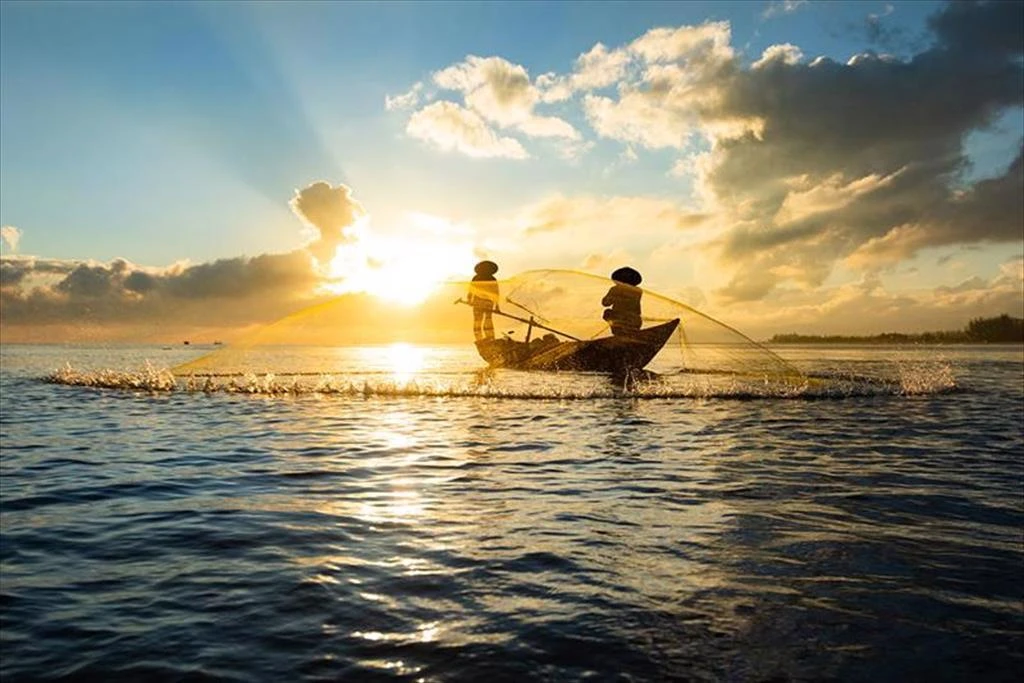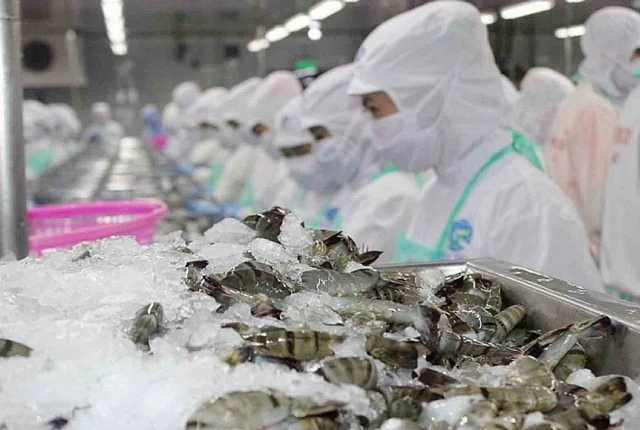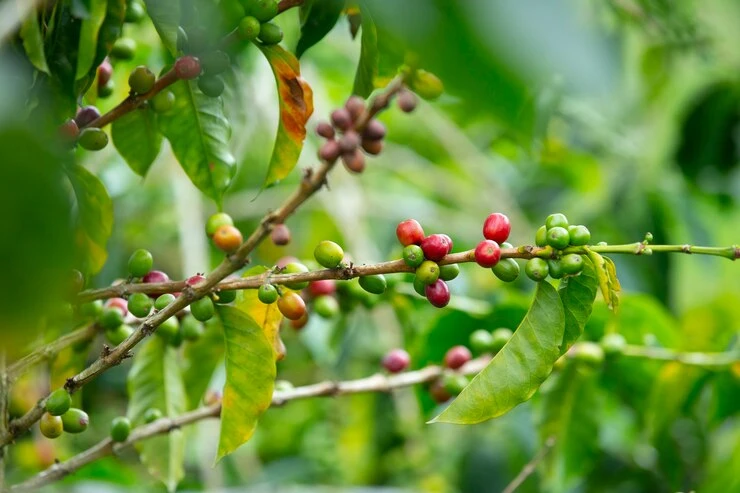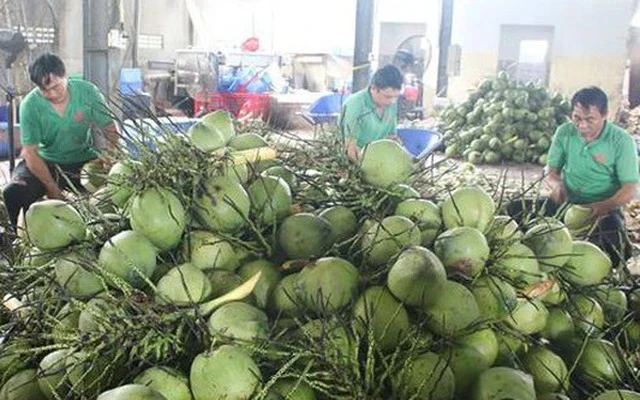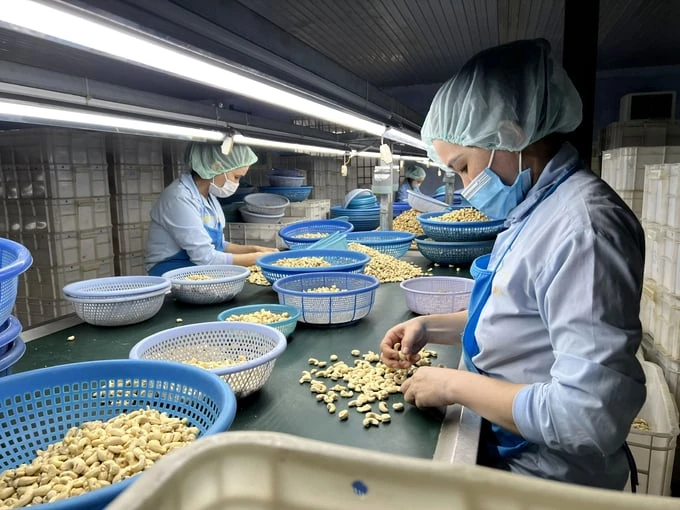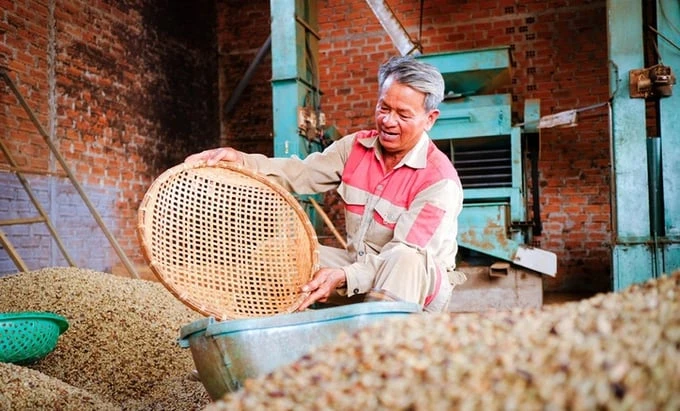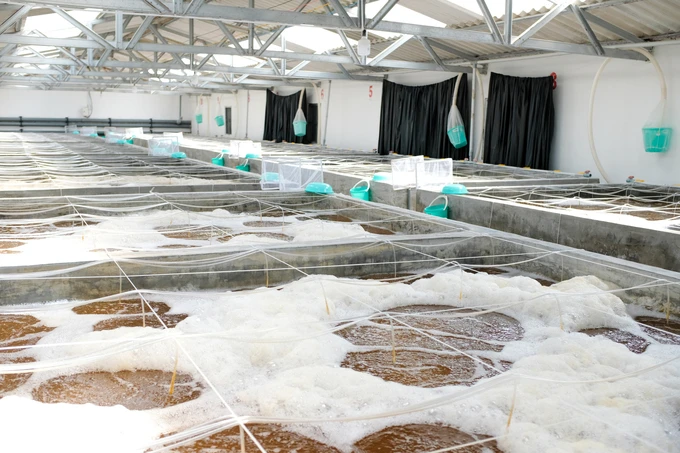
By Vietnam Expo On 19-06-2024 at 3:15 am
Biosafety shrimp farming with closed value chain and no antibiotics
Viet Uc Group is working to improve the quality of Vietnamese shrimp by avoiding the use of antibiotics. Their study has consistently demonstrated effectiveness throughout the years.
Mastering shrimp seeds to control diseases in shrimp
The shrimp industry is a highly precarious and demanding sector. The obstacles stem from both natural elements, such as climate and environment, and health threats to shrimp, as well as intense market competition and issues pertaining to production and consumption management.
In order to tackle these difficulties, the Viet-Uc Group has taken the lead in establishing a self-contained value chain for the shrimp sector. By implementing a meticulous approach, demonstrating a strong dedication to sustainability, and exhibiting adaptability in addressing shifts in the business landscape, it stands out as a prominent aspect of Vietnam's shrimp sector.
Viet-Uc is currently the sole organization in Vietnam that carries out a genetic program and chooses parent shrimp through an exclusive partnership with CSIRO (the Commonwealth Scientific and Industrial Research Organisation of Australia).
Trinh Trung Phi, the Deputy General Director of Commercial Shrimp, states that the organization presently provides approximately 30% of shrimp larvae across the entire country. Viet-Uc supplies parent shrimp sources in shrimp larvae production zones that undergo rigorous pathogen control measures in accordance with the requirements set by the World Organisation for Animal Health (OIE) and conform with the regulations of the Ministry of Agriculture and Rural Development (MARD).
The Viet-Uc Group is renowned for its position as the global leader in shrimp breeding, which translates into reduced expenses in comparison to smaller firms. Developing and implementing advanced technologies to generate disease-free shrimp larvae is a primary focus, specifically tailored to Vietnam's unique climate and environmental requirements.
Trinh Trung Phi emphasized that the shrimp larvae's quality is responsible for 50% of the shrimp farming process's effectiveness. After acquiring larvae of superior quality, enterprises will use resources to invest in shrimp farming technologies.
Developing a closed value chain strategy for the shrimp industry
In order to establish a connected value chain, the group successfully constructed and formally inaugurated its seafood processing facility in 2023. This seafood processing plant in Vietnam is the first of its kind to utilize almost 70% automated technology, and it spans an area of 10 hectares.
In addition, the group's seafood processing system adheres to rigorous requirements set by demanding import markets such as South Korea, Japan, Australia, and Europe, thanks to the use of superior raw materials and innovative technology.
The Deputy General Director stated that Viet-Uc encountered challenges in its efforts to enhance the quality of Vietnamese shrimp by strictly refraining from the use of antibiotics across the whole industry. Significant progress has been made in shrimp farming after extensive research conducted over several years.
With the whiteleg shrimp industry, the corporation began its involvement in 2018, after mostly concentrating on black tiger shrimp. At present, more than 10% of the shrimp farming area is specifically allocated for white leg shrimp, while a substantial percentage is reserved for black tiger shrimp to safeguard the environment, ensure efficient administration, and uphold sustainability.
To achieve sustainable development, the organization is dedicated to enhancing water quality and fully eradicating hazardous waste throughout the production process. This entails prioritizing the development and improvement of biosecurity capabilities through frequent training programs. Technical specialists perform regular health assessments and develop customized nutrition regimens for the cultivated shrimp. Additionally, they generate comprehensive reports to swiftly resolve any concerns or problems.
Desire to implement the transfer of biosecure shrimp farming technologies
Presently, Vietnam is positioned among the leading countries in terms of shrimp production. Vietnam is technologically comparable to any other country. Nevertheless, it is crucial to acknowledge that although high stocking densities can enhance output, they also present substantial environmental hazards. Optimizing stocking densities and implementing efficient management strategies are essential for ensuring long-term sustainability.
According to Mr. Phi's evaluation, Ecuador's shrimp farming method is considered the most superior in the world. It is distinguished by a straightforward approach resembling extensive farming, with a maximum density of 30-50 shrimp per square meter. Conversely, the agricultural density in Vietnam is frequently significantly greater, with a shrimp population exceeding 200 per square meter.
Viet-Uc has consistently strived to develop a product that is entirely devoid of antibiotics, starting from the breeding stock and extending to the final product, by utilizing cutting-edge technology to ensure the production of top-notch shrimp of the greatest quality.
Consequently, the company has altered its viewpoint and transitioned towards more environmentally friendly farming methods since the previous year, resulting in a decrease in the number of shrimp per square meter from 300-400 to 200-250. In the past, the amount of crops produced per hectare per year might reach 60-70 tons, and the total amount produced per hectare per year may exceed 200 tons. However, the mortality rate of shrimp during farming was also significant, approximately 20-30%.
Following the group's implementation of standardized procedures and a decrease in farming density, the problem of shrimp mortality was effectively resolved. This represents a notable progress for Viet-Uc in the shrimp sector.
The company aspires to disseminate its technologies to the community, but, this endeavor is not without complexity. At present, shrimp farming necessitates a significant degree of biosecurity in order to decrease the likelihood of disease outbreaks, although price considerations are only of transitory importance.
Mr. Trinh Trung Phi anticipates that by 2025, the group will have a reliable system for executing supply chain integration initiatives with farmers, facilitating more tangible technology exchange. "Mr. Phi emphasized that the crucial factors are not only the technology itself, but also the farmers' awareness and their long-term strategic vision,"
Viet-Uc intends to impart new technologies to farmers in order to facilitate more sustainable development in the shrimp sector, following their successful implementation of the production chain. The corporation has selected Ninh Thuan and Binh Thuan as the two designated places to apply this concept. Viet-Uc aims to generate superior breeding stock, assisting farmers in enhancing the efficiency and profitability of their agricultural endeavors.
Mr. Phi predicts that within the next two years, the practice of utilizing antibiotics in shrimp aquaculture would become obsolete. Presently, the misuse of antibiotics has emerged as a grave concern, and the utilization of antibiotics in shrimp aquaculture has resulted in numerous complications. Over the last three months, the introduction of shrimp infused with antibiotics has resulted in significant death rates, ranging from 60-80% depending on the geographical area.
The Deputy General Director stated that the usage of antibiotics is no longer advantageous as it previously was. Creating a shrimp farming environment that is free from antibiotics is crucial for maintaining the ecosystem. Viet-Uc disputes the assertion made by certain major farms that shrimp farming necessitates the use of antibiotics.

Author
Vietnam Expo
Related posts
